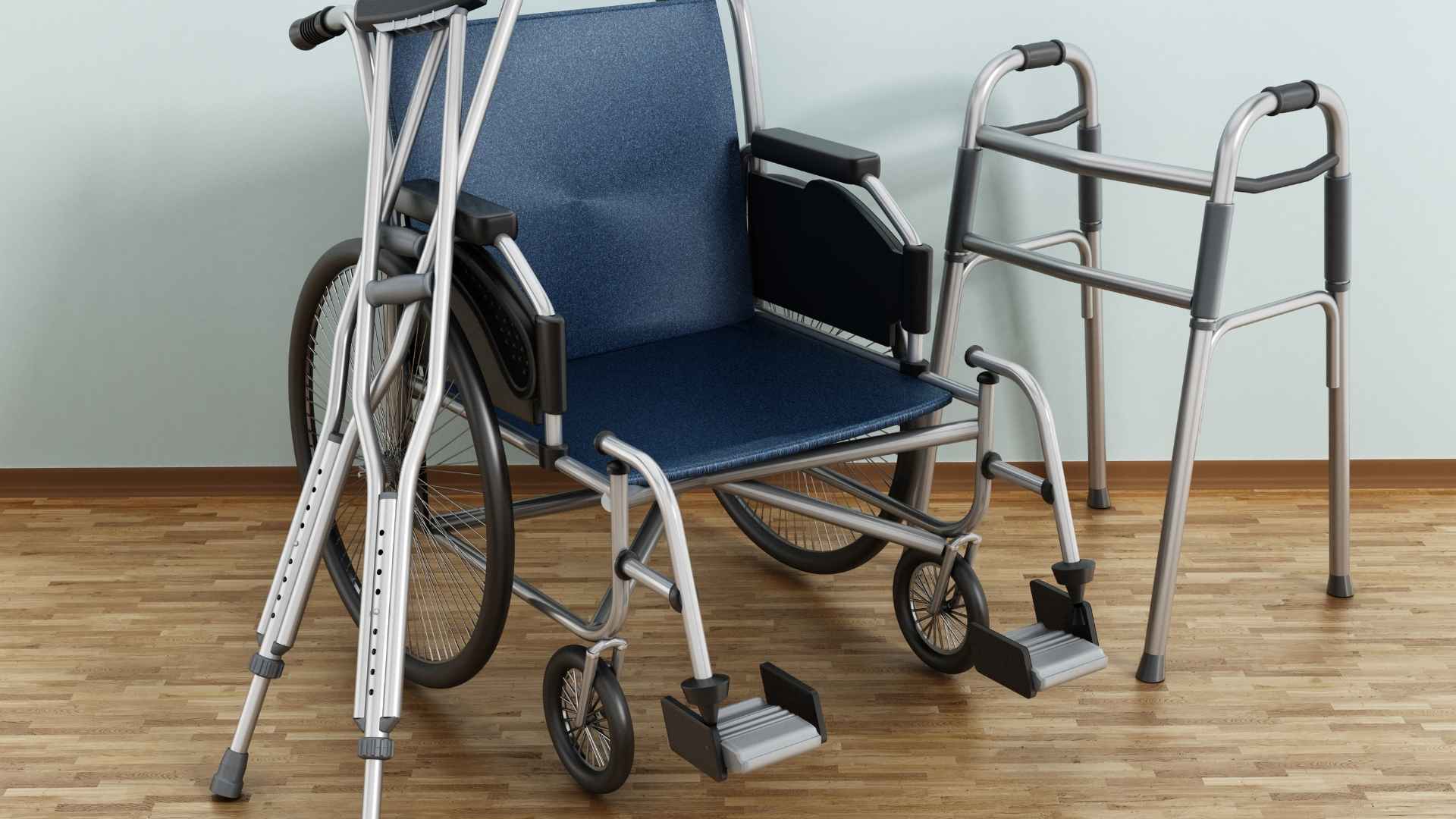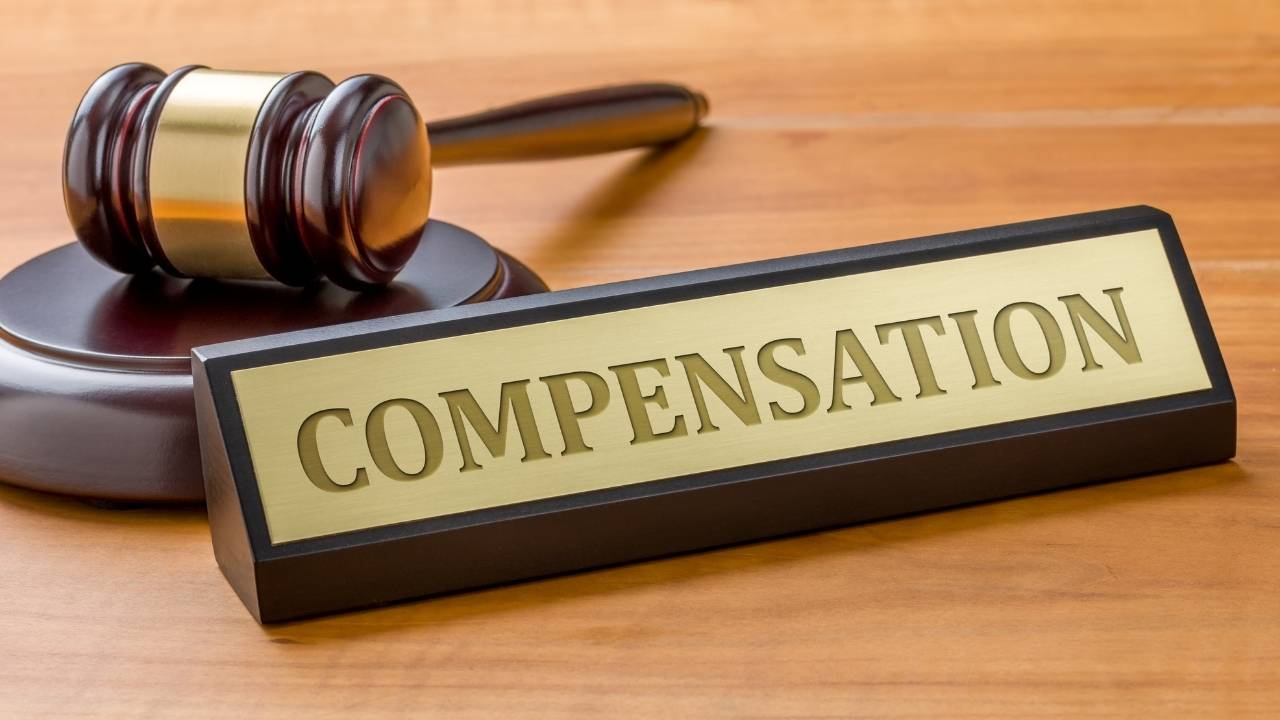Many people feel lost when it comes to dealing with diagnosis and treatment after a personal injury. It is very common for victims of personal injuries in California to not know exactly what their diagnoses are, what those diagnoses mean, and what their medical records actually contain. However, this is not because you don’t have rights to your medical records after a personal injury, but because many people don’t know about those rights or how to exercise them. Today, we’ll discuss the importance of accessing your medical records and the associated rights to do so after a personal injury occurs in California.
Rights Associated With Accessing Medical Records in California
Depending on where you live, where the injury occurred, and where you seek treatment, your rights to accessing your medical records after a personal injury can vary. There are the HIPAA rights, which apply to everyone in the US, and the PAHRA rights which apply to people in California, for example. The first of these, HIPAA, which applies to everyone in the US, is the Health Insurance Portability and Accountability Act.
As a federal law, HIPAA ensures that no matter where you live in the US or where in the US your injury occurred or was treated, you are entitled to be able to easily access your medical records. This act also makes it more difficult for unauthorized individuals to access those records.
The next one we’re going to talk about is PAHRA, which is relevant to injured Californians and is the Patient Access to Health Records Act. This act ensures that if you live in or are injured or treated for injuries in California, you are entitled to access your medical records, and if there is someone making health care decisions on your behalf, they can access those records, as well.
Having said that, you have to know how to exercise these rights, to ensure that you are not left uninformed about your own medical condition. Depending on your injuries and associated medical treatment, the method of exercising these rights could vary.
State Requirements for Physical Inspection
The State of California, Health and Safety Code addresses PAHRA, with information about the rights of individuals who receive medical treatment and their ability to obtain their medical records. It specifically explains how doctors should respond to any request that you make to obtain your medical records. In Subsection A, it is clarified that any patient of any healthcare provider in California is entitled to inspect their records, though they must present a written request for those records to the healthcare provider.
It does allow for the medical provider to request payment for reasonable expenses associated with providing your records, such as clerical costs that might be involved with locating and/or providing those medical records. This part of the PAHRA also specifies that the health care provider has only five business days to respond to your request. You can then inspect your records, when you receive them, or you can have someone else inspect them, such as a representative of yourself or the patient, if the patient is not you. However, no more than two people are allowed to inspect these records.
If this sounds confusing to you, you’re not alone, and the injury attorneys at The Sargent Firm Injury Lawyers are happy to help you make sense of the laws and rights associated with access to your own medical records. There may be factors that vary from one case to the next, so it will help a lot to have advice based on your individual circumstances.
You Should Receive Photocopies of Medical Records Within 15 Days
While you are entitled to the right to physically view your medical records, and/or have them physically reviewed by a representative, within five business days of providing your written request to the healthcare provider, you may have to wait as much as 15 days to receive photocopies of the same medical records.
If you were confused about why you can only have up to two people reviewing your medical records, this is where you can actually exercise your right to have a physical copy of those records, which you can inspect and allow others to inspect, at your own discretion.
Yet, it is important to note here that you will probably be charged for that physical copy of your medical records. You also have to provide a written request, again, in which you clearly state which records you wish to be copied and pay the associated fees before that timeline begins.
The healthcare provider can legally charge you no more than 25 cents per page to create a copy of your medical records, unless they must be copied from the microfilm, in which case, they can legally charge you no more than 50 cents per page. There may also be other reasonable charges required to cover the clerical expenses of locating and making those records available.
Once you have provided your written request and paid the associated fees to the healthcare provider, they have 15 days to provide photocopies of your medical records.
How An Experienced Attorney Can Help
When it comes to your rights to view or obtain copies of your medical records, things can get confusing, especially if you are also dealing with the medical treatment and recovery process that follows a California personal injury. You may be facing many different stresses at this time, and you will benefit from the advice and guidance of a California personal injury attorney.
Call The Sargent Firm Injury Lawyers to schedule a free consultation and learn more about how accessing your medical records in the appropriate time frame can impact your case and how to go about exercising your rights to do so. Our skilled attorney is here to help you through every step in your California personal injury claim, including obtaining and reviewing your medical records.




